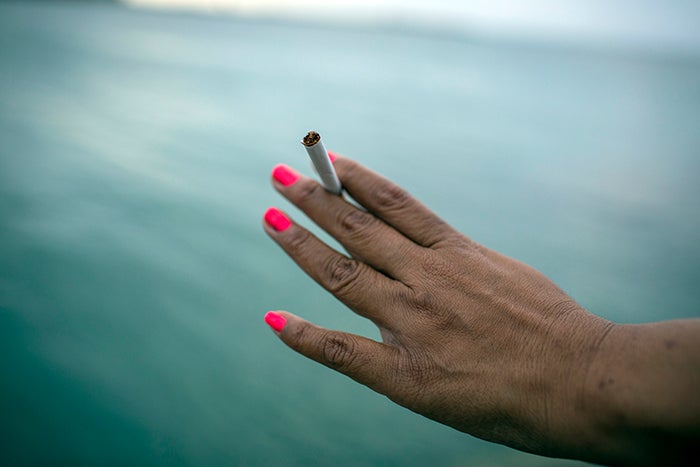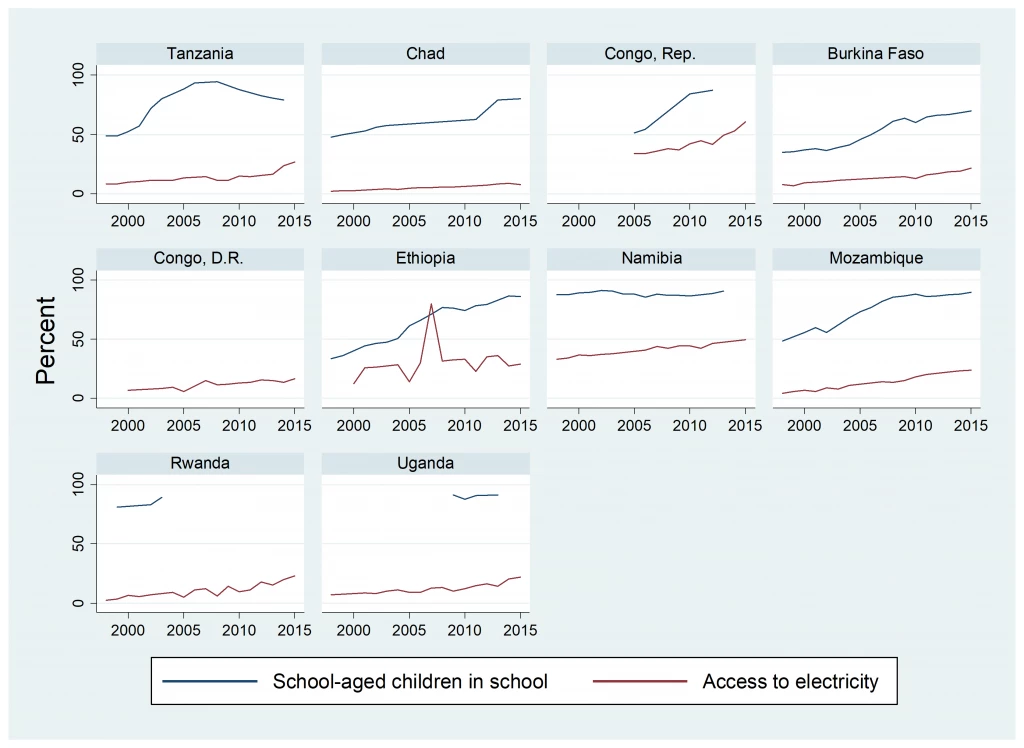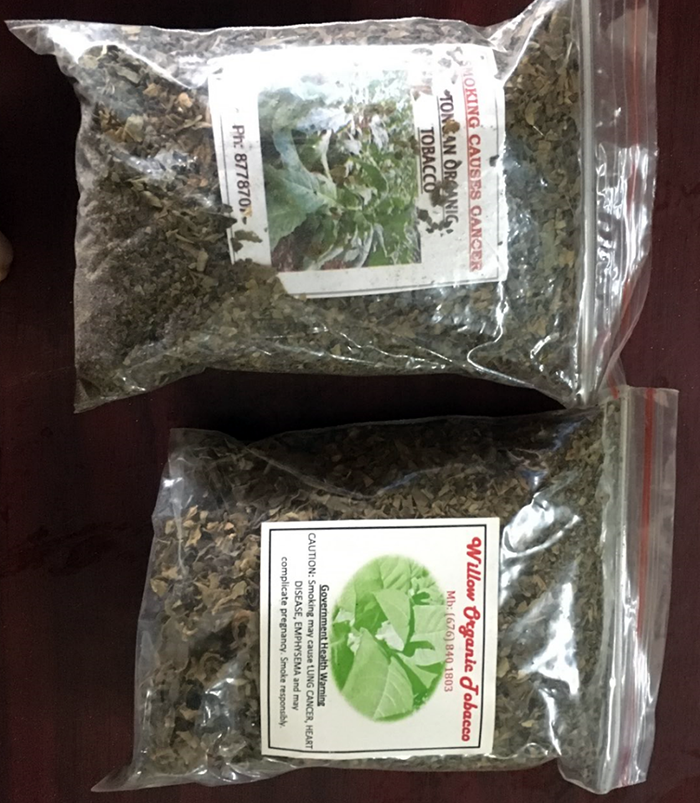
The issue
Data compiled over the past two decades has found that all four major non-communicable diseases (NCDs) in Tonga are on the rise – diabetes, cardiovascular disease, cancer, and respiratory diseases. According to the latest WHO data, NCDs accounted for four out of five leading causes of deaths in Tonga, which is among the highest in the Pacific.
The increase in risky behaviors such as smoking, poor diet, harmful alcohol intake, and physical inactivity are acknowledged as the major contributing factors to the rise in NCDs in Tonga. Almost one in two men smoke, and smoking appears to be increasing among young women in Tonga. These are all strongly linked to ‘unhealthy environments’, and require complementary policies, regulations and legislation interventions.
The response
In response to rising NCD rates, over the past years the Tongan government has gradually introduced taxation measures aimed at reducing consumption of unhealthy products. In mid-2013, excise tax on cigarettes was increased from TOP 210 (US$91) per 1000 cigarettes or per kilogram, to TOP 250 (US$109) for imported cigarettes, and TOP 200 (US$87) to TOP 238 (US$104) for locally manufactured tobacco/cigarettes; and the tobacco concession for inbound travelers is reduced from 500 cigarettes to 250 cigarettes.
In July 2016, the government made the bold move to increase taxes on imported cigarettes by nearly 50 percent to TOP $380/1000 sticks, compared with TOP $ 255/1000 sticks in the previous year.
The results
The World Bank, in collaboration with the Australian Government (DFAT), New Zealand (MFAT), the World Health Organization (WHO), and the Tonga Health Promotion Foundation, has supported the government in assessing the impacts of increasing taxes on tobacco. Our study has shown that Tongan smokers are sensitive to price increase, and that the increase in tobacco tax appears to have significant effects on the behaviors of smokers. In fact, 18 percent of smokers have cut back on cigarettes, however, the availability of substitutes remains a major issue.
As per the figure below, cigarette sales have dropped in every year that the government has imposed cigarette tax increases. Cigarettes have also become less affordable using the IPC (income per capita - GDP per capita/Price) and RIP (relative income price - percent of GDP per capita to buy 100 pack of cigarettes) indicators.

Tonga raised tobacco tax significantly in fiscal years 2013-2014 and 2017, which resulted in a sharp drop in cigarettes sales volume
The tax hike has proven powerful enough to change the market share of major cigarette brands in Tonga, with a significant number of smokers having simply replaced more expensive imported cigarettes with cheaper, locally manufactured cigarettes. As per the figure below, tax increases imposed on imported cigarettes from July 2016 have allowed Palataisi, a locally manufactured cigarette brand with less tax imposed on it to overtake Pall Mall as the most sold cigarette brand in Tonga.

Big tobacco tax is powerful enough to change cigarette market share
Further, approximately 20 percent of smokers have shifted from consuming manufactured cigarettes to local hand-rolled tobacco leaves called Tapaka Tonga, which is not subject to excise tax. The shift to Tapaka Tonga is alarming, and will most likely dilute any positive health impacts resulting from the tobacco tax policy.
Tapaka Tonga is cheap, costing less than half the price of a pack of cigarettes, and widely available in shops throughout the country. A significant part of the Tongan population also misunderstood that Tapaka Tonga is not harmful or less harmful to health than manufactured cigarettes. Moreover, it is common for Tapaka Tonga’s package to be labelled ‘organic’, which can be misleading. A qualitative study is on-going to understand in more depth the behaviors of smokers around the use of Tapaka Tonga.
Tapaka Tonga is cheap, costing less than half the price of a pack of cigarettes, and widely available in shops throughout the country. A significant part of the Tongan population also misunderstood that Tapaka Tonga is not harmful or less harmful to health than manufactured cigarettes. Moreover, it is common for Tapaka Tonga’s package to be labelled ‘organic’, which can be misleading. A qualitative study is on-going to understand in more depth the behaviors of smokers around the use of Tapaka Tonga.

Tapaka Tonga
Lessons
In summary, tax increases on tobacco have ultimately helped to reduce demand for cigarettes. This experience from Tonga offers a valuable lesson for other Pacific countries and beyond in tackling consumption of cigarettes. However, the growing use of Tapaka Tonga as a substitute to more expensive manufactured cigarettes needs to be addressed urgently, or the full benefits of the NCD tax policy will never be realized. It is crucial for the government of Tonga to consider introducing tax on Tapaka Tonga along with additional interventions to complement the tax, including health education campaigns using multiple media formats on the harms and health impacts of all tobacco products including Tapaka Tonga, as well as comprehensive smoke-free policies that prohibit smoking in all workplaces and public places to address this critical issue.


Join the Conversation